14 Boycotts That Commanded the World’s Attention
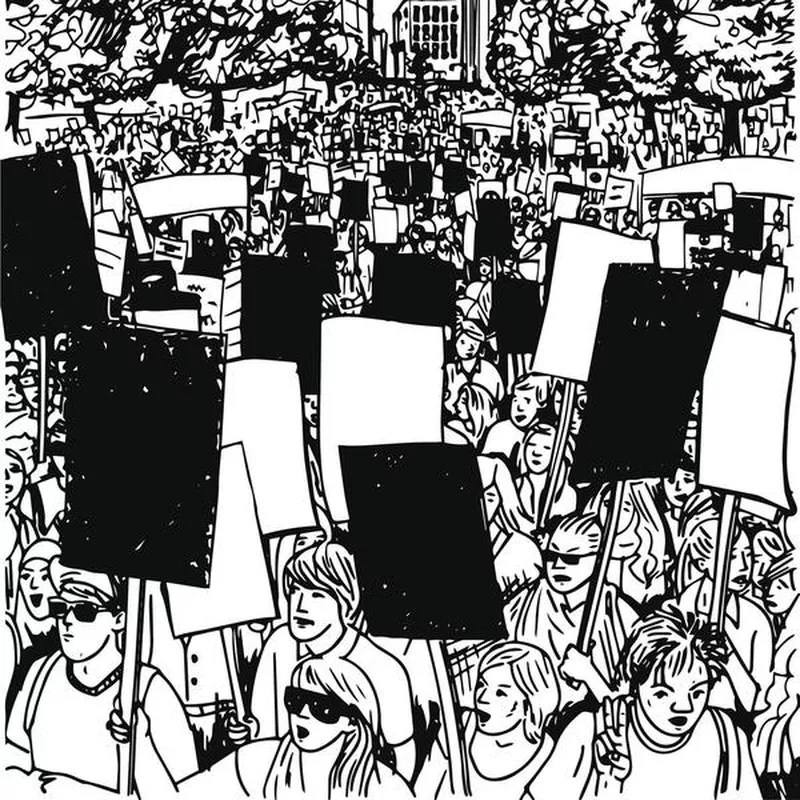
The purpose of a boycott is to cause economic loss and change behavior, and many throughout history have been successful. Getty Images
A boycott is a form of protest, for moral, social, or political reasons, against a person or organization. It is a mass refusal to buy products, services, or even just associate with them. The purpose of carrying out a boycott is to cause economic loss, and by this method persuade the person or organization to alter the practice or policy that people are protesting.
Public shaming and mass avoidance likely have a long history, but the term “boycott” started with a real man by that name.
Boycotts have been used successfully against individuals, companies, cities, states, and even entire countries.
In the Social Media Age, a boycott can be started with just a hashtag. Here’s a list of memorable boycotts from history.
1) The First Official Boycott
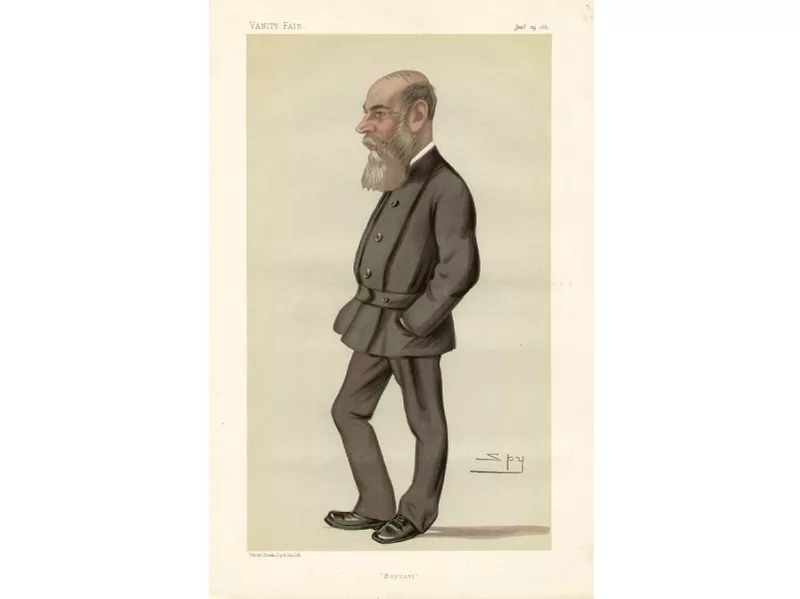
The term boycott comes from a man by the name of Boycott.
In 19th century Ireland, wealthy, absentee Englishmen owned most of the land. They would hire a Land Manager to look after their estates and collect rent from tenant farmers. Charles Boycott was the Land Manager for the absent Earl of Erne.
In 1880, after a bad harvest, the Earl’s tenants demanded their rents be lowered by 25 percent. The Earl offered them 10 percent. When the tenants wouldn’t accept this, the Earl ordered Boycott to evict any farmers who did not pay their rents.
Local Irish shunned Boycott and anyone associated with him; no one would take over empty farms on the Earl’s land and local businesses would not sell anything to Boycott, including food. The Captain was forced to leave for Dublin, and even tried to move to the United States, but his reputation followed him and any business that worked with him was threatened with a “boycott.”
In 1888, the Oxford English Dictionary first included the word boycott.
2) The Stamp Act
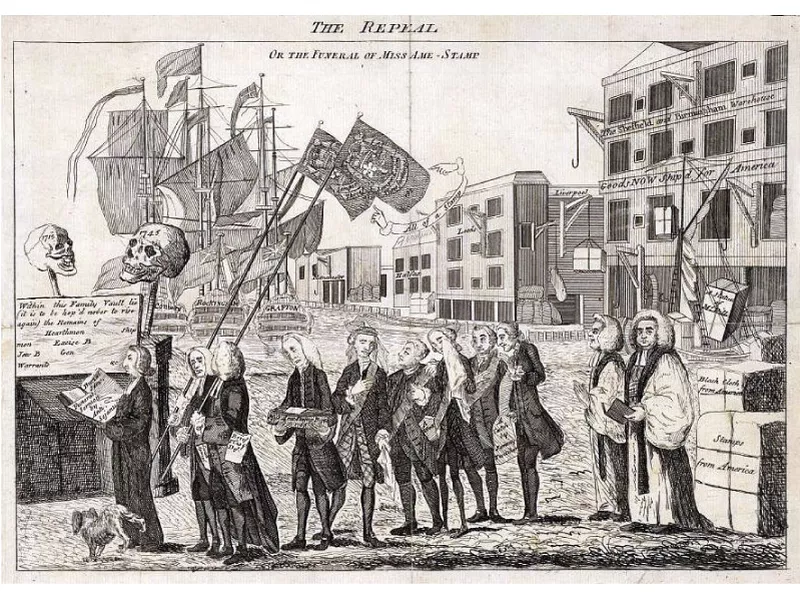
After fighting the French and Indian War of 1763, Britain was deeply in debt and needed to raise money. Deciding that the American colonies would be a good source of revenue, Britain passed a series of taxes on sugar and other goods, concluding with the Stamp Act of 1765. The Stamp Act was a direct internal tax, designed to raise money to pay the cost of keeping English soldiers in the New World.
The colonists protested, calling it “taxation without representation,” given that Americans were not allowed to vote for Members of Parliament and maintained that only colonial assemblies had the right to tax them.
After the colonists carried out a successful boycott of British goods, and physically threatened tax inspectors, forcing most of them to resign, Britain repealed the Stamp Act in 1766.
3) The Slave Sugar Boycott
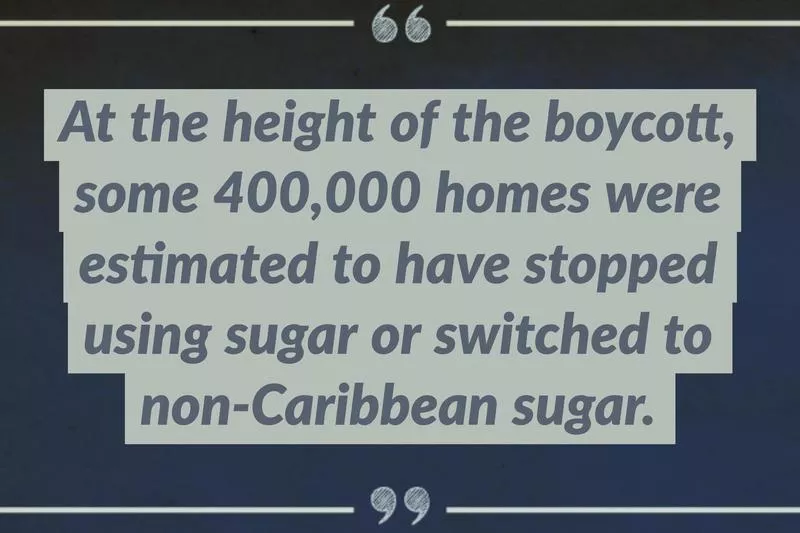
In 1791, abolitionists failed to persuade the English Parliament to pass a bill calling for an end to slavery in the country’s colonies. The abolitionists then called for a boycott of Caribbean sugar. Sugar from the New World, together with rum, cotton, coffee, and tobacco, relied on slave labor. The boycotters hoped that economic pressure might force the end of the exploitative trade in human lives.
The activist and author William Fox published a pamphlet calling for English households to refuse to purchase “slave sugar.” At the height of the boycott, some 400,000 homes were estimated to have either stopped using sugar or switched to non-Caribbean sugar.
Importers of sugar from the East Indies – where slave labor wasn’t used – took advantage of the boycott to label their products, stating that their sugar was not made by slaves. Households in Regency England proudly displayed these jars to show guests that they supported the sugar boycott.
Sugar sales dropped by a third in the first two months of the boycott, and many grocers either refused to sell Caribbean sugar, or stopped selling sugar entirely. Over the next two years, sales of other sugar rose ten-fold.
Abolitionists brought back the boycott in the 1820s in another attempt to end slavery in the British Empire.
4) The Ford Motor Company Boycott
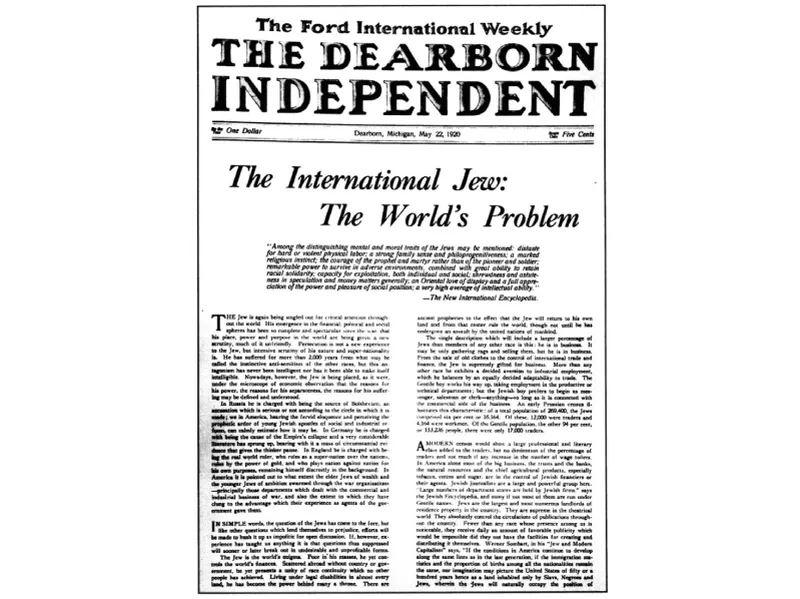
Henry Ford, the founder of the Ford Motor Company, was known to have strong anti-Jewish prejudices. Ford ran a weekly newspaper in the 1920s – the Dearborn Independent – that published anti-semitic articles.
While Ford claimed he never wrote them, the articles were published under his name. The Anti-Defamation League sued Ford for libel and helped to organize a boycott. Both Jews and many liberal Christians joined the boycott and refused to buy Ford cars.
Fox Film Corporation threatened to show footage of wrecked Ford cars in their pre-movie newsreels across the country. Ford finally apologized and shut down the Dearborn Independent in 1927, as a result of his car company’s slump in business.
